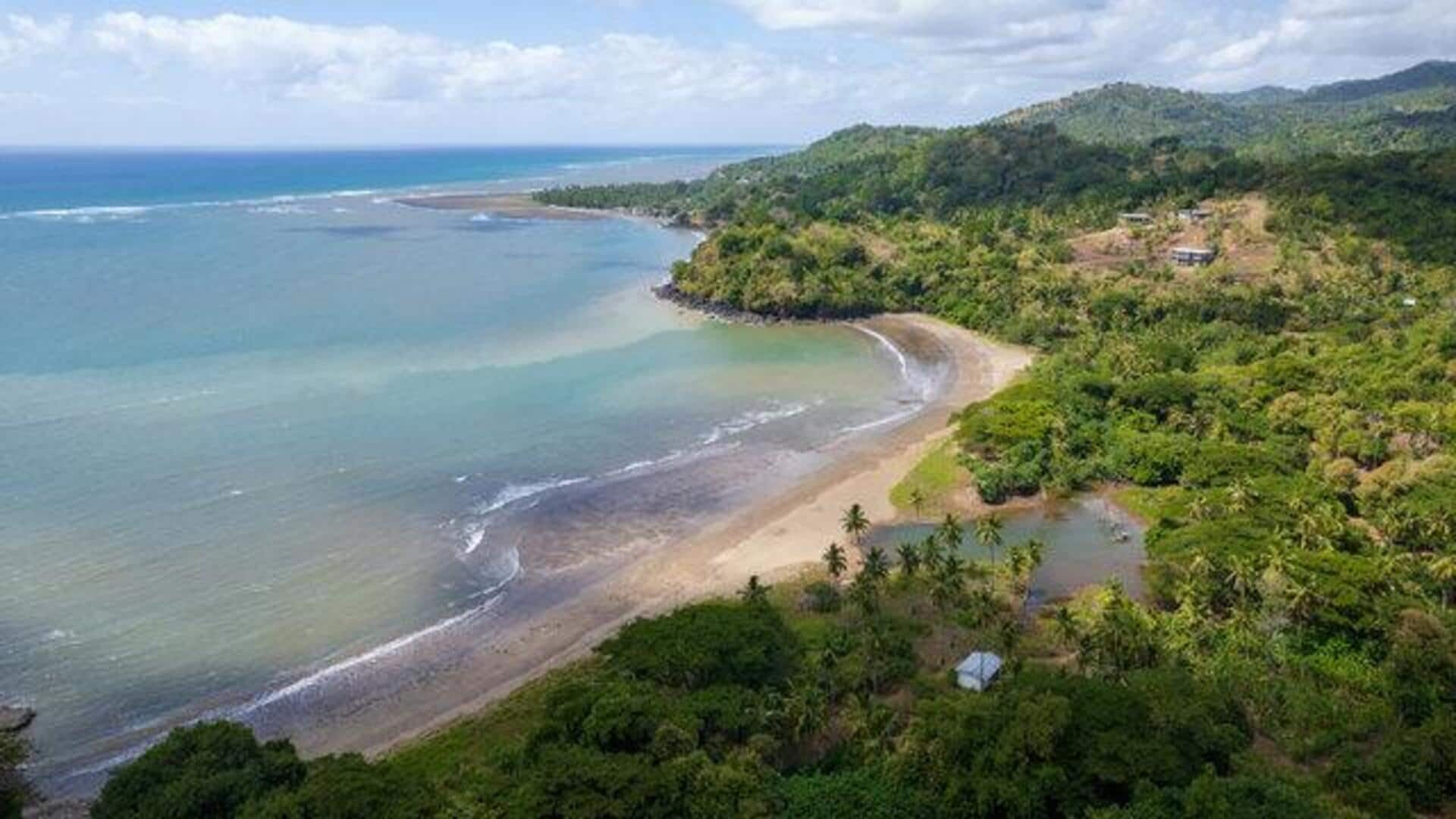
Discovering the Livingstone fruit bats of Comoros Islands
What's the story
The Comoros Islands, located in the Indian Ocean, harbor one of the world's most endangered and largest bat species, the Livingstone fruit bat. This article provides a glimpse into these fascinating creatures and how you can witness them up close in their natural habitat. With less than 1,200 individuals remaining in the wild, observing these bats is a once-in-a-lifetime experience that directly supports their conservation.
Habitat
The habitat of giants
The Livingstone fruit bats are native to the lush tropical forests of Anjouan and Moheli islands in the Comoros archipelago. These fascinating creatures are nocturnal and love humid environments. They have a diet that consists mostly of fruits. To protect their rapidly disappearing habitats, conservation areas have been established. Visitors can witness the bats in these protected environments without causing disruption.
Night Watching
A night under stars with bats
For visitors eager to witness these magnificent creatures, local conservation groups organize night watching tours. These excursions provide a rare chance to observe the Livingstone fruit bats as they forage and flutter beneath the stars. Not only is it a memorable experience, but it also serves as a crucial initiative to raise awareness and support for bat conservation efforts on the islands.
Conservation
Conservation efforts unveiled
Conservation efforts for the Livingstone fruit bat include habitat restoration, anti-poaching measures, and community education. Visitors have the opportunity to learn directly from conservationists working tirelessly to save this species. By participating in these tours, travelers can not only enhance their experience but also contribute to supporting vital conservation efforts.
Watching tips
Tips for responsible wildlife watching
When exploring the habitats of endangered species like the Livingstone fruit bat, it's essential to adhere to responsible travel practices that prioritize the well-being of wildlife. Always keep a respectful distance from animals, refrain from using flash photography at night, and stay on designated paths and follow guides' instructions at all times. This way, you can play a positive role in wildlife conservation while enjoying an ethical adventure travel experience.